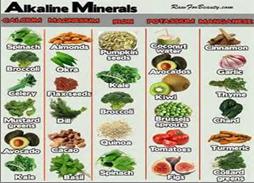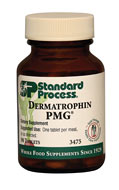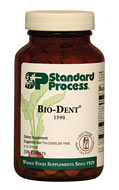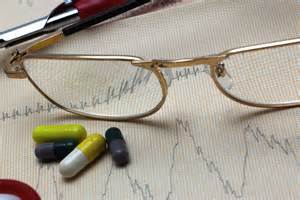Bones and Teeth are Mineral Reserves

Your body needs raw materials: vitamins, minerals, enzymes, and phytonutrients all the time to exist, function, regenerate and repair itself. Essential nutrients are needed on an ongoing basis to make bone. Like a generous bank, your bones and teeth store large amounts of the raw materials the body needs on a daily basis and release these minerals when the body needs them. There are following raw materials that make up bones and teeth:
- Vitamins: Vitamin A, Vitamin B, Vitamin C, Vitamin D, Vitamin E, Vitamin F (Essential Fatty Acids), and Vitamin K.
- Minerals: Boron, Calcium, Chromium, Iodine, Natural Fluoride, Magnesium, Phosphorus, Silica and Zinc.
- Protein in adequate amount
in bones and teeth:
- Calcium (in bones & teeth) 99% +
- Phosphorus 85%
- Magnesium 53%
- Zinc (in bone and muscle) 90%
- Copper 30%
- Strontium (in bones & teeth) 99%
It makes sense that your mineral stores would reside within the bone and teeth because crystal compounds, made up of these minerals, provide our bones and teeth with the strength and rigidity we depend on.
- What role Calcium plays in bones and teeth health
- For what reasons Phosphorus is required in the body and teeth
- Why Magnesium is so important in the body and teeth
- Why Vitamin D is a key player in your overall health
- Why Vitamin K is important in calcium metabolism
- Why I recommend eating Natto
- Why eating plenty of vegetables is key for bone and teeth health
- What makes synthetic calcium supplements potentially dangerous
- What calcium supplements are beneficial to our health including teeth
- Interaction between Calcium, Vitamin D and Vitamin F
- Interaction between Calcium, Potassium and Magnesium












